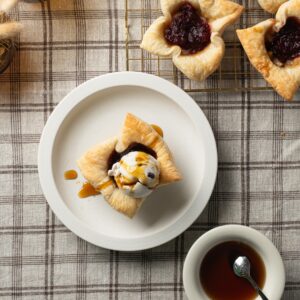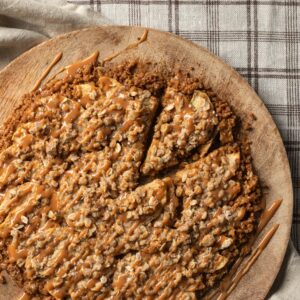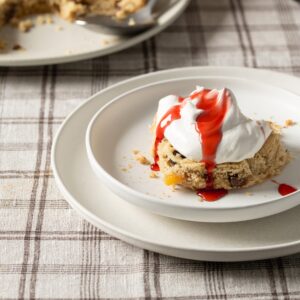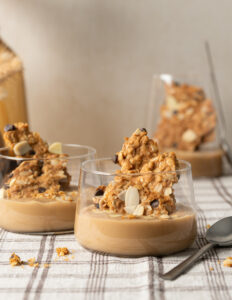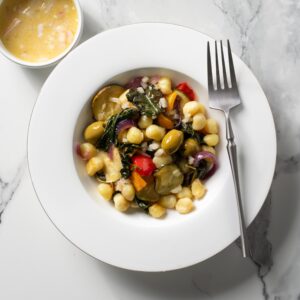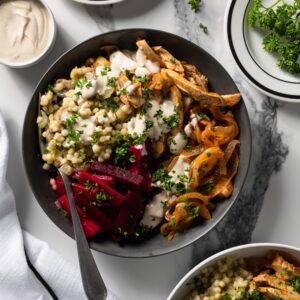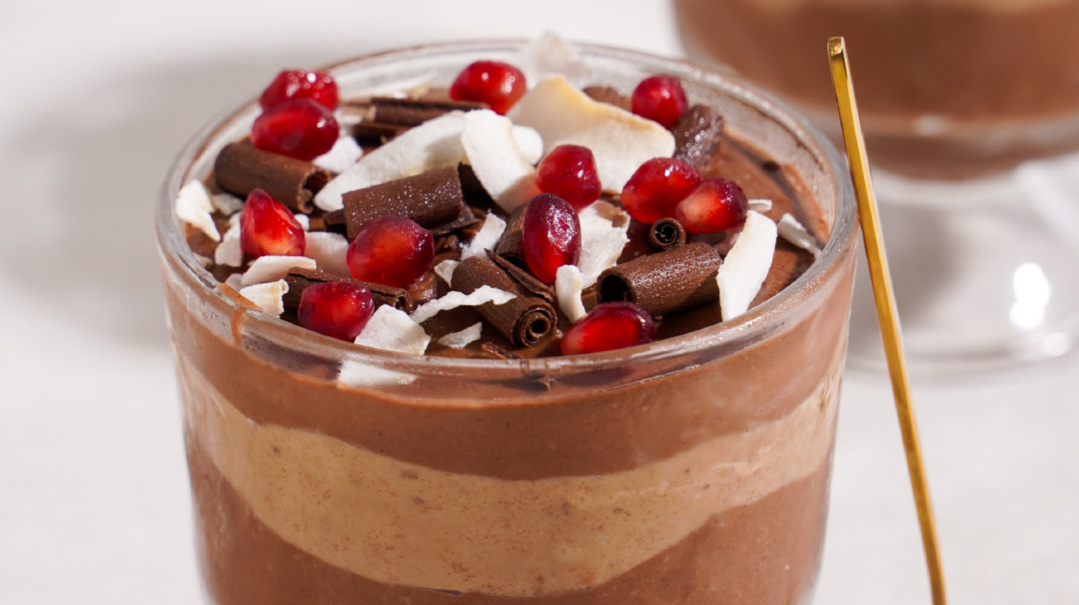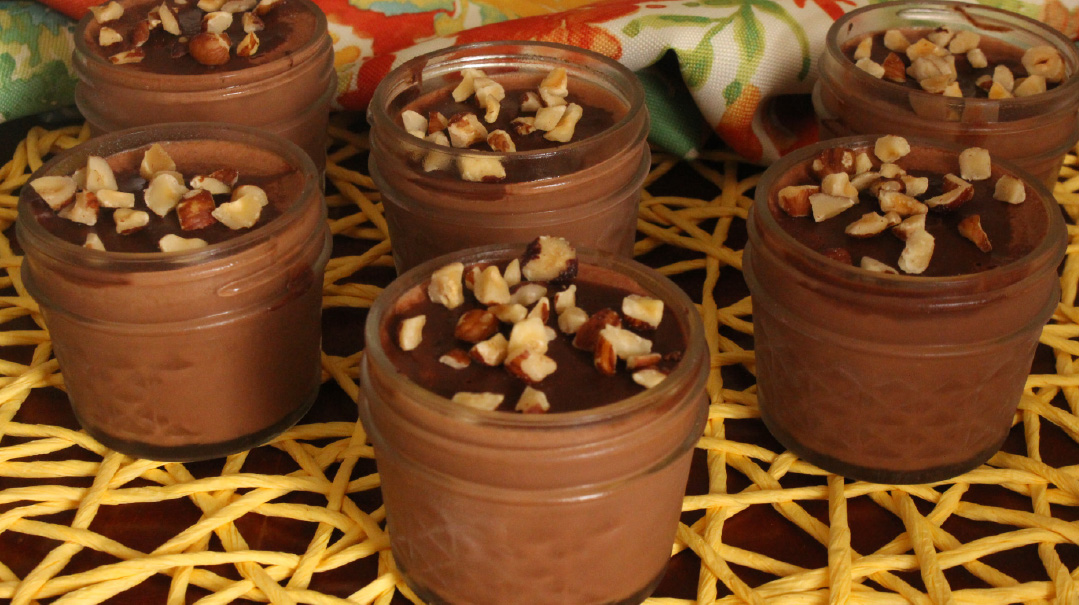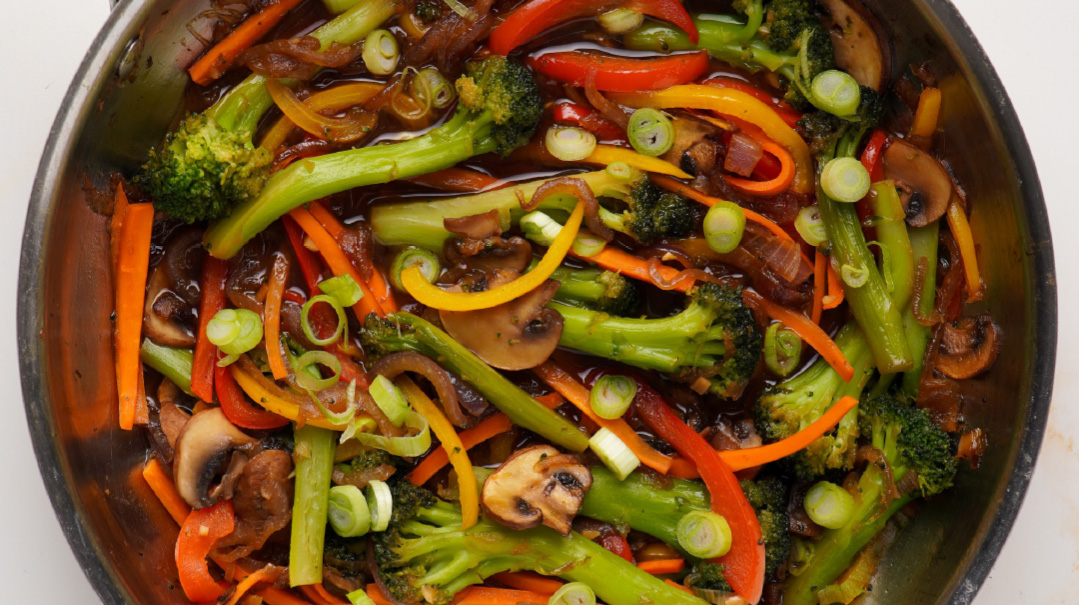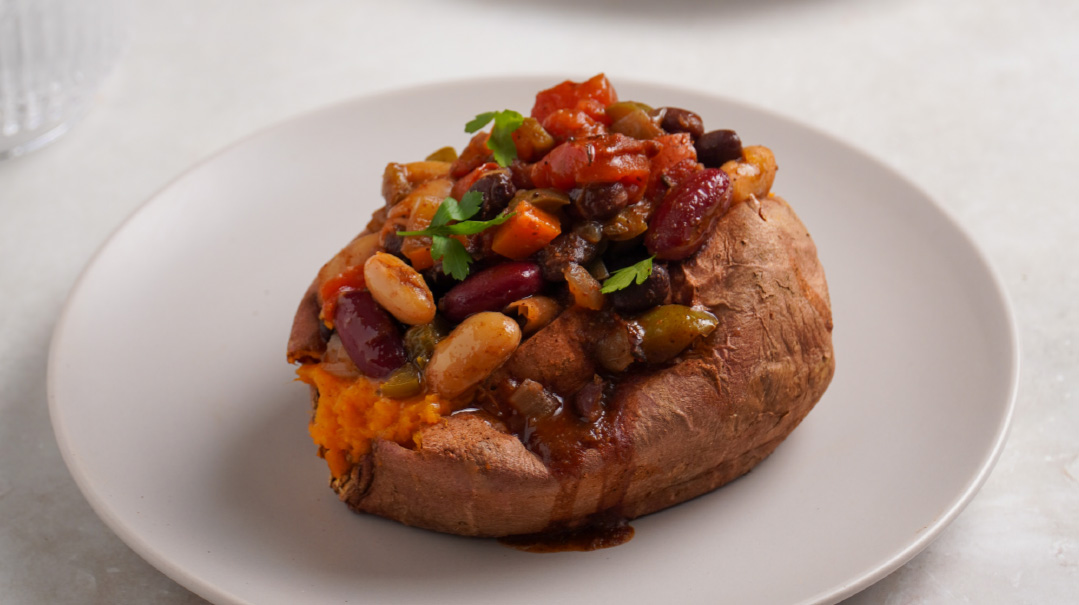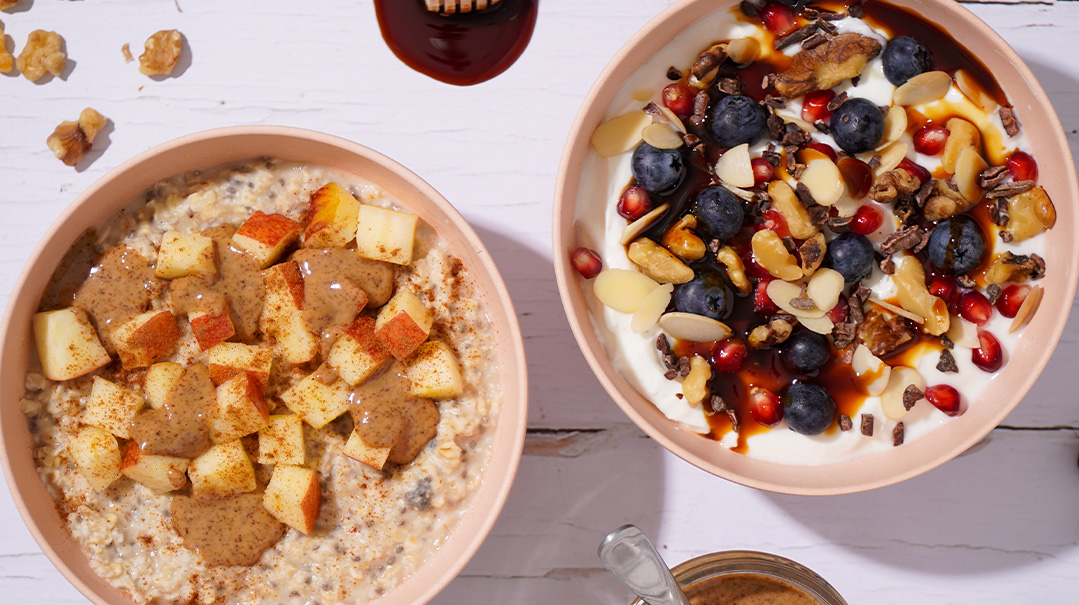Filling Up
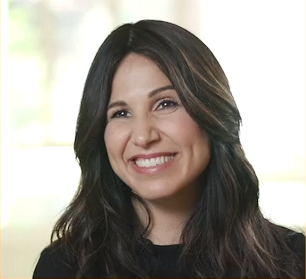
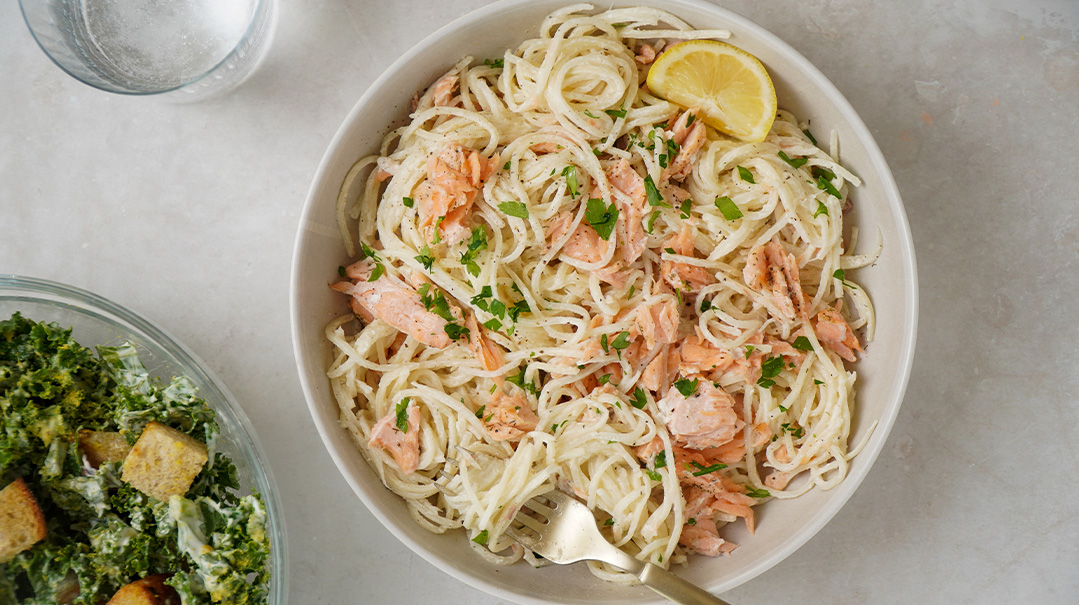
Styling and photography by Sara Goldstein
Unlike Pharaoh or Haman, the Greeks never wanted to physically destroy Judaism. They were entranced by the beauty of the Beis Hamikdash, and they loved the ideas of developing the intellect, eating lavish seudos, and other pleasurable aspects of Jewish culture. Hellenistic culture worshipped physical perfection, and they would have been happy to let us keep the beautiful externals. They weren’t looking to destroy us. They wanted to empty us.
After finally winning the physical battle against the Greeks, the Maccabim famously discovered a single jug of pure olive oil hidden inside the defiled Beis Hamikdash. That untainted oil represented the Maccabim’s spiritual victory. It represented their commitment to staying internally focused against an externally focused world. And because that victory is what keeps us alive through the ages, we still celebrate it today.
External Trap
We won the battle then, but bazeman hazeh, the war against emptiness lives on. One place it’s rampant is in the way we view our physical selves.
In an interview with Malky, the founder of a popular exercise site, my mind was blown by how perfectly she described what diet culture has done to the exercise industry today.
“We all know how important water is,” Malky said. “It keeps every single person on this earth alive. But let’s say dishwasher companies decided to pull a massive marketing scheme that positioned water as the key to washing your dishes. Forget everything else water does — it’s for fueling dishwashers, and that’s it!
“It sounds ridiculous, but that’s what the diet and weight loss movement has done to exercise.
“Exercise is critical for cardiovascular health, digestive health, mental health, and aging well. There are so many benefits to physical activity. And yet the diet and weight loss movement has turned it into a way to shrink and tone our bodies.
“Can strengthening your body also lead to weight loss? Yes. But saying it’s only for that purpose would be as narrow-minded as saying that water is only good for dishwashers.
“The diet and weight loss movement,” ended Malky, “has hijacked exercise.”
Hijacking Is Real
I feel the same way about healthy ingredients.
Hashem put wonderful, delicious, healthy ingredients into our world to increase our energy, strengthen our immune systems, and improve our hormones, fertility, quality of life, and so much more. How sad that so many of us are stuck viewing them as tools for weight loss!
Instead of focusing on the inner purpose of these health-promoting habits, the outside world has turned them into empty shells.
Shifting In
Chanukah is a time when we, like the Maccabim, shift our perspective from the outside to the inside.
Exercising and fueling ourselves with nourishing, wholesome foods is about so much more than striving for the secular world’s version of physical perfection. To people who appreciate the inner meaning of life, caring for our bodies is about safeguarding the precious gift Hashem gave us as the vessel for our neshamah in This World.
This Chanukah, let’s fill ourselves up on the inside.
Wishing you a chag that’s full in every way,
Rorie Recommends: Palmini Pasta
It’s sometimes hard to think of ways to balance starch-heavy dairy menus — like at all those Chanukah parties coming up! — so it’s nice to have pasta that’s really a vegetable.
There are a few kosher hearts-of-palm-based pastas on the market, but my favorite is Palmini (certified kosher by OK). The strands are long and very white, not yellow, and they’re not mushy at all!
I find that the trick to excellent hearts-of-palm pasta dishes is to rinse off the pasta before working with it, which takes away the strong hearts-of-palm taste.
Palmini Alfredo
Today there are so many different good-for-you pasta options, from chickpea to buckwheat to quinoa — but who would have imagined you could even make pasta out of…vegetables?! This pasta alternative is a great low-glycemic, high-fiber way to fill out a menu that already includes starchy options. Thank you to my daughter Tehila, who developed this winning recipe in her own kitchen!
SERVES 2
- 1 12-oz (340-g) pkg hearts of palm pasta (I prefer Palmini Angel Hair Pasta)
- 2 tsp butter
- 3 Tbsp milk
- 3 oz (85 g) goat cheese
- ¼ tsp sea salt
- ¼ tsp black pepper
- ¼ tsp garlic powder
- 1 tsp arrowroot starch or starch of choice
- fresh chopped parsley, for garnish
Salmon
- 2 salmon fillets
- juice of ½ lemon
- salt, pepper, garlic, and dried dill, to taste
Strain and rinse the hearts of palm pasta. (If you prefer a softer pasta, follow package instructions for boiling; if you like your pasta al dente, like I do, use it raw.) Set aside.
In a small saucepan over medium heat, melt butter. Add milk; stir to combine.
Add strained pasta, goat cheese, and spices; stir until cheese is melted. Sift in arrowroot starch while mixing to avoid clumping; stir until somewhat thickened.
Prepare the salmon: Preheat oven to 425°F (220°C).
Arrange salmon on a baking sheet. Drizzle with lemon juice and season gently with spices to taste. Bake uncovered for 15–20 minutes, until desired doneness is reached.
To serve: Dish out the pasta onto a plate. Place salmon on top, either as whole slices or flakes. Garnish with fresh chopped parsley for color.
Rorie Weisberg, CHC, is the author of the newly released cookbook Food You Love: That Loves You Back. Her passion? Making a healthy lifestyle doable and delicious, favorite foods included. Rorie is the health ambassador of Kosher.com, a popular health columnist and lecturer, and founder and CEO of Full `N Free, LLC, an exclusive line of better-for-you baking essentials. To learn more about Rorie's story, product line, courses, and live demos, visit www.fullnfree.com.
All statements are suggestive only. Please consult with your doctor before making any dietary or lifestyle changes.
(Originally featured in Family Table, Issue 821)
Oops! We could not locate your form.

